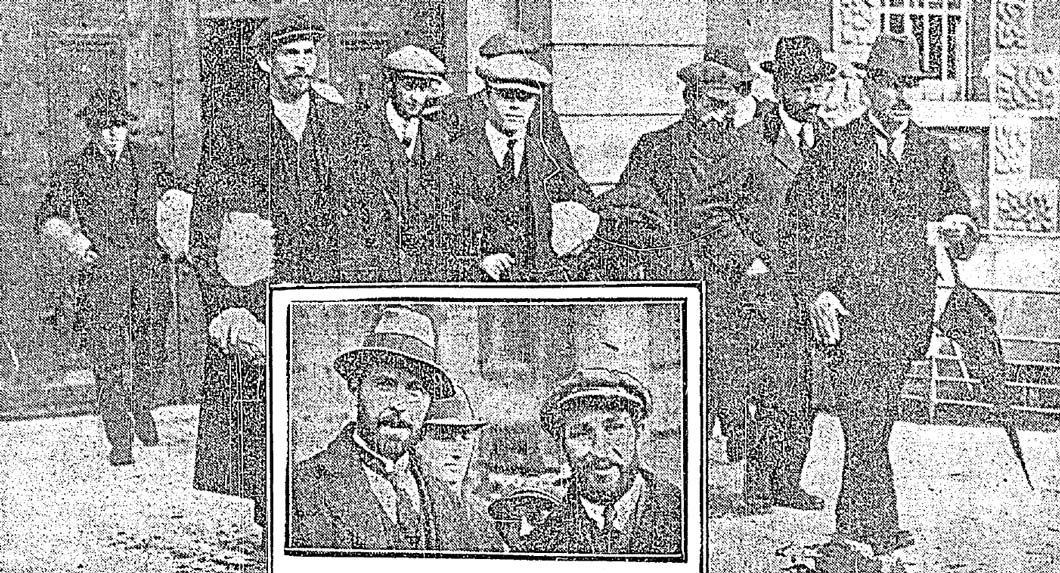Sinn Féin prisoners released after many described as being at ‘death’s door’
Dublin, 18 October 1919 - 21 Sinn Féin prisoners who were on hunger strike in Mountjoy prison have been released in the past week. There are still 25 in the prison, but their release is thought to be imminent.
Some of the freed Sinn Féiners, who were in a very weakened state, are currently in the Mater hospital where they are said to be progressing satisfactorily. They have been visited by Michael Fogarty, Bishop of Killaloe.
Each prisoner, on his release, was handed a document outlining the terms and conditions upon which they were being discharged: they are to return to the prison on 29 November if their period of temporary discharge is not extended; and they are to abstain from breaking the law.
The prisoners were on hunger strike to protest the conditions they were forced to endure and made several demands of the authorities:
• A sufficiency of proper food
• Permission to receive parcels, papers, books and periodicals
• Permission to send and receive one letter daily
• Permission to receive one visit daily in a room not used by criminal prisoners
• Complete isolation from criminal prisoners
• No political prisoner to be punished for refusing to work
• Political prisoners to be allowed at least 5 hours’ exercise in the open each day
• Permission to smoke, to use a razor, knife, fork and spoon
• The term political prisoner to apply to all those convicted of unlawful assembly, possession of arms, drilling, seditious speeches and all similar offences.
While they were in prison they were regularly visited by the Lord Mayor of Dublin, Laurence O’Neill, who discovered that the prisoners were being kept in handcuffs and in solitary confinement. Mr O’Neill wrote to the Chief Secretary of Ireland, reminding him of the circumstances around the death of Thomas Ashe in 1917 and warning of the dangers of any repetition of 1917, particularly as ‘many men are almost at death’s door’. This intervention is thought to have influenced authorities and led to the release.
Earlier this week, Constance Markievicz, the MP for St Patrick’s ward in Dublin, who had been sentenced to four months’ imprisonment in Mallow in June, was released from prison in Cork. Her release came one day short of the termination date of her sentence, a decision taken by authorities to avoid any public demonstrations.
Asked afterwards about her experience, Markievicz said that she had emerged full of fight and ready as ever to take her place in the movement.
[Editor's note: This is an article from Century Ireland, a fortnightly online newspaper, written from the perspective of a journalist 100 years ago, based on news reports of the time.]





















